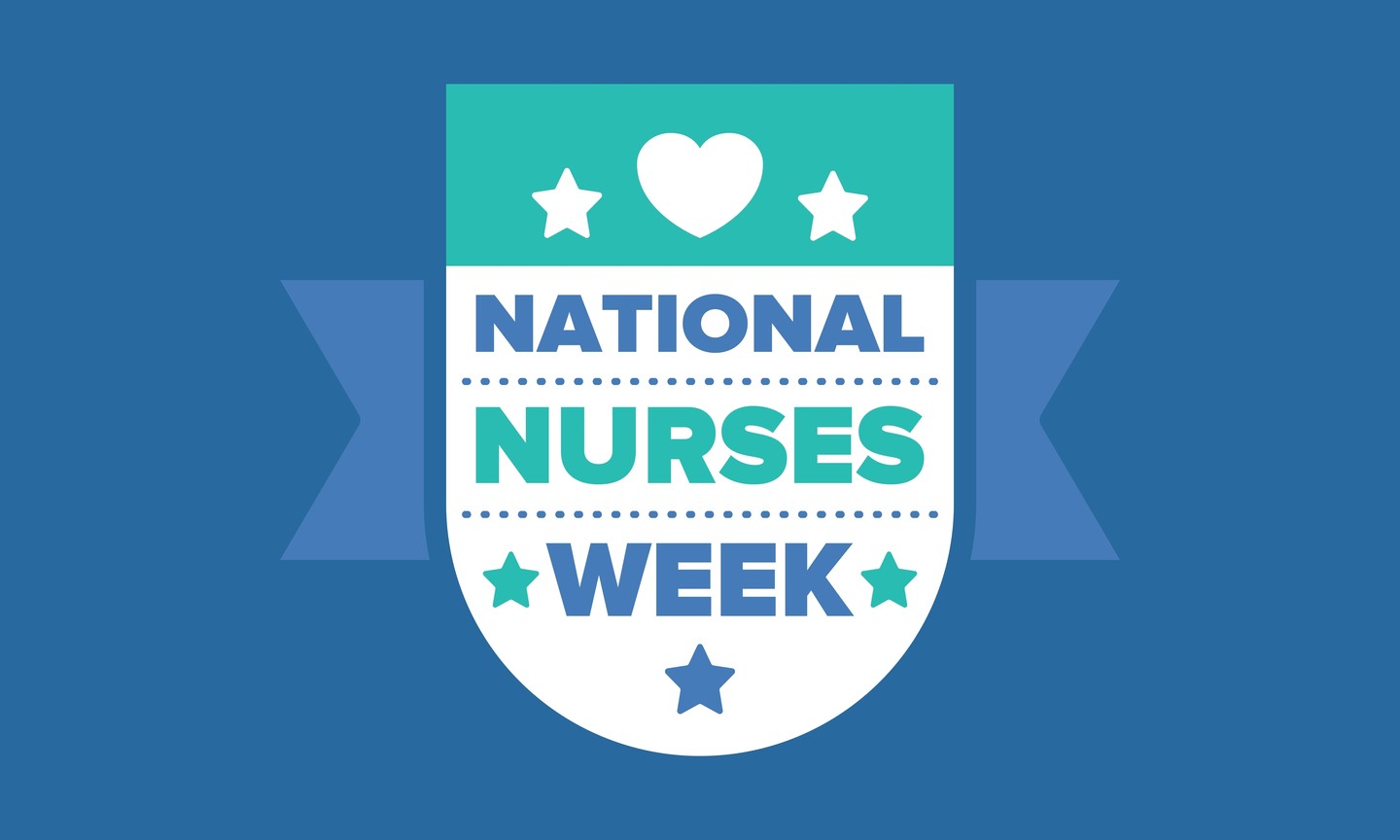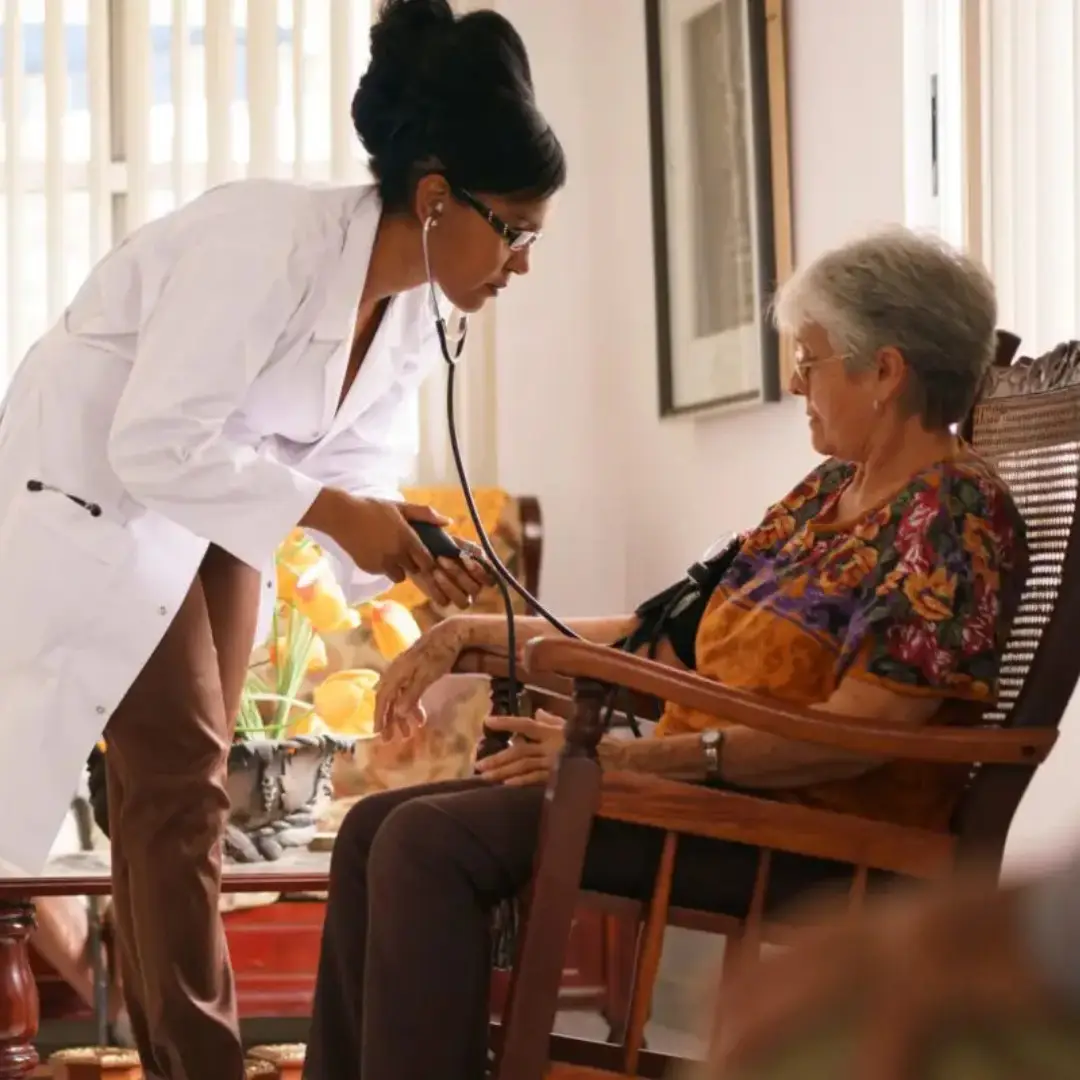Healthcare providers and administrators want more training and resources on waste management, a new survey has found.
The survey was conducted by Stericycle, a provider of medical waste management, reaching 500 healthcare workers, 350 of whom are clinicians and 150 of whom are administrators. The findings were put into Stericycle’s first report on healthcare workplace safety.
More than half of providers and administrators feel their organization should spend more labor and funds on biohazardous waste disposal. Waste that is improperly disposed of can contribute to feelings of burnout and stress, which undermines providers’ sense of safety at work, the survey found.
The vast majority also believe COVID-19 has made pharmaceutical management more challenging, especially in at-home environments where there is an increased risk for drug diversion. More than a third of providers who work in at-home care settings said they lack adequate tools to properly dispose of biohazardous waste. Most providers (more than 50%) also believe that improperly disposed of pharmaceutical waste is a major contributor to the opioid crisis, and believe that has worsened during the pandemic.
“One of our biggest challenges is frontline caregivers’ lack of knowledge on where and how waste is disposed. Especially with the substantial amounts of travel nurses, many are not well-versed on our local disposal protocols,” an environmental safety and materials management expert at a leading nonprofit health system was quoted as saying in the report.
While 3 out of 4 administrators feel their organization is doing enough to reduce its environmental footprint through waste management, just over half of providers agree. Similarly, while 71% of administrators say their organization has explicit sustainability goals, just over half of providers agree.
“Our findings underscore that healthcare providers and administrators understand how the health and safety of a care environment impacts patient care,” Cory White, executive vice president and chief commercial officer at Stericycle, said in a press release. “It is clear, medical waste management is critical for creating a safe and efficient care environment for healthcare workers and patient health and well-being.”
Stericycle recommends that to mitigate the challenges providers face, organizations need to invest in improving the health and safety of their environments through effective waste management and increased training opportunities. Organizations should also consider their waste management partners and prioritize those that reduce the burden on providers. They may also consider communicating their environmental sustainability goals broadly across the organization so all staff can contribute to those efforts.
This post, Providers Want More Training, Resources on Managing Medical Waste, was shared by Fierce Healthcare on January 13, 2022.











